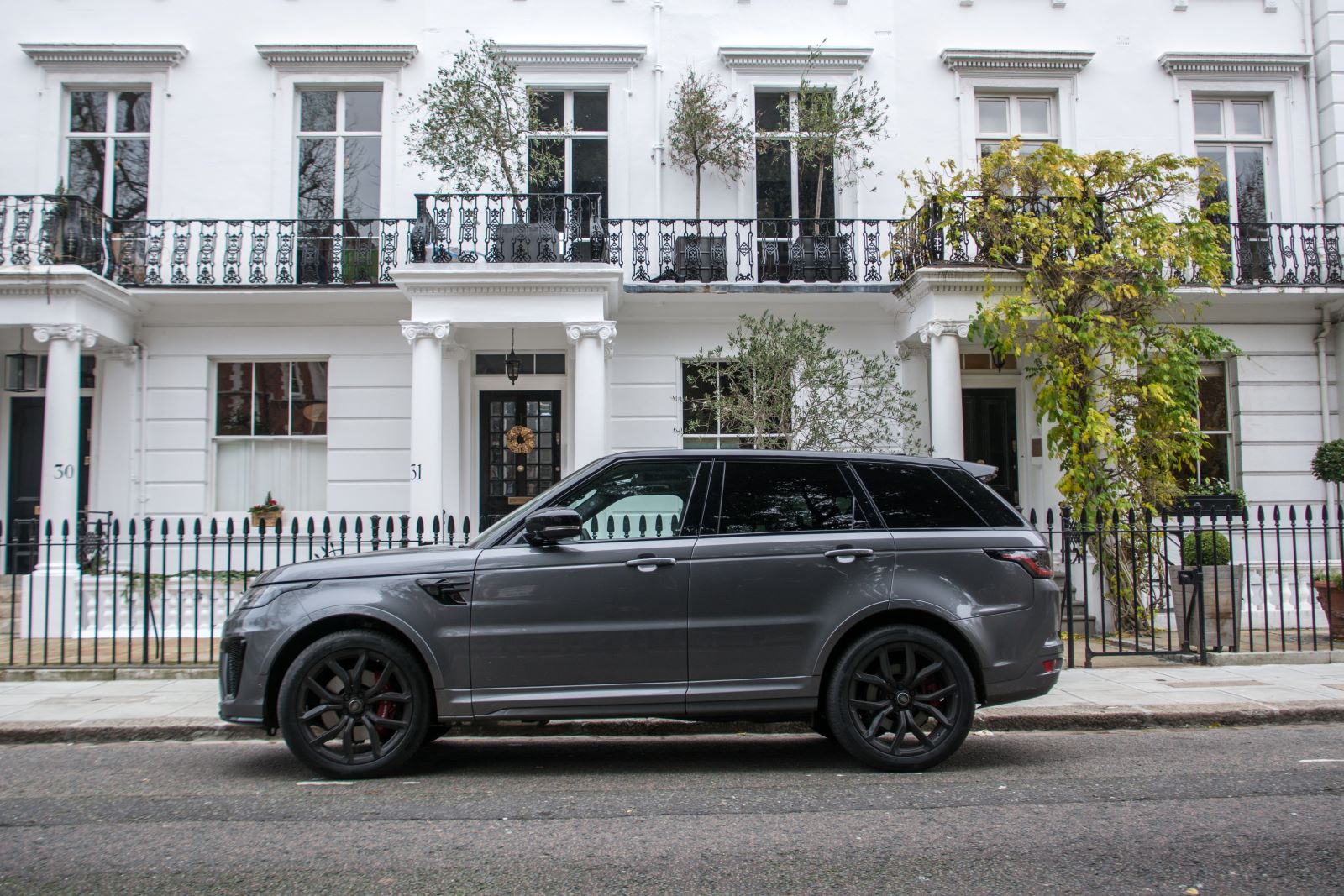
Carmakers urged to stop prioritising SUVs over smaller and more affordable electric cars
People in the UK more likely to buy EVs if they were offered an affordable small BEV.
Carmakers have been found to be prioritising the production, marketing and sale of larger vehicles like SUVs and e-SUVs over more affordable, smaller EVs. Smaller EVs could help those on lower incomes gain from the benefits of using EVs as well as more efficient use of critical raw materials essential in efforts to achieve net zero.
The arrival of more affordable, smaller electric cars would hasten the uptake of zero-emission cars in the UK, a new survey shows. 22% of new car buyers already intend to buy an electric car in the next year, according to a YouGov poll for T&E in the UK [1]. When given the option of a small £21,000 electric car, the share of new car buyers willing to buy a battery electric model increases to 30% [2].
Electric vehicles offer reduced running and maintenance costs compared to petrol and diesel cars, as well as being cleaner and with much lower emissions over their lifetime.
Ralph Palmer, electric vehicle and fleets officer at T&E UK, said: “Small, affordable electric vehicles are going to be vital to ensure that all drivers can leave behind their polluting petrol and diesel cars. And yet carmakers are still prioritising the production of vehicles that are just too big and bulky for British streets and are an increased strain on precious critical materials.”
New research from Transport & Environment has revealed that carmakers can sell small electric cars made in Europe for £21,000 while still making a profit. Falling production costs and battery prices would make mass market “B-segment” vehicles feasible to electrify by 2025, according to the study by Transport & Environment (T&E) based on analysis by the Syndex consultancy. The availability of smaller, more affordable EVs could be a game changer for mass adoption of electric cars making them more viable for those on lower incomes and having positive implications for the second hard market.
However, the big six European carmakers [3] have abandoned small affordable cars in pursuit of profits that have grown far faster than inflation, with one, Volvo, committing to only selling SUVs in the UK going forward. Carmarkers are now prioritising sales of larger, more lucrative SUVs, which are growing rapidly within the electric car market, making up 44% of all new EVs sold in 2022. This trend towards larger, heavier vehicles needs to be halted to lower the embedded emissions of vehicle production and reduce demands on the electricity grid. In June, the Climate Change Committee noted their concerns over the “prioritisation of sports utility vehicles” in the sales of new cars.
T&E UK is calling on the government to create conditions for car companies to prioritise small electric cars, which are better for the environment, low-income households and the competitiveness of the European auto industry. It is also calling for the introduction of weight-based tax on the purchase of the heaviest new cars and for local governments to introduce parking charges for these vehicles in urban areas.
Ralph Palmer, electric vehicle and fleets officer at T&E UK, said: “There are plenty of options on the table for the government, they just need to be bold and implement them. It is not a complicated argument – we are not going to be able to supercharge the appetite for electric vehicles by offering people expensive e-SUVs, we are only going to be able to supercharge the appetite by offering people affordable small BEVs.”
Notes to editors:
[1] All figures, unless otherwise stated, are from YouGov Plc. Total sample size in the UK was 502 adults. Fieldwork was undertaken between 3rd – 8th August 2023. The survey was carried out online.
[2] Of those surveyed who intend to buy a new car in the next 12 months in the UK, 22% said they would most likely buy an electric one. Of those who said they would most likely buy a combustion engine, 9% said they would switch to electric if a £21k small BEV model was on the market. Of those who didn’t know, 9 out of 39 respondents said they would go electric when presented with the option of the small, cheap model. If these intentions were replicated in the car market, the advent of affordable small BEVs would bring the sales share of fully electric cars to 30%.
[3] T&E calculated the net profits per car of BMW, Mercedes, Renault, Stellantis, Volvo Cars and Volkswagen.
[4] B-segment vehicles are commonly referred to as “small cars”. While European segments are not based on weight or size, B-segment vehicles have an approximate length of 3.7–4.2m. Examples would include the Ford Fiesta or the Peugeot e-208.
Read more:
Study: Small and profitable: Why affordable electric cars in 2025 are feasible